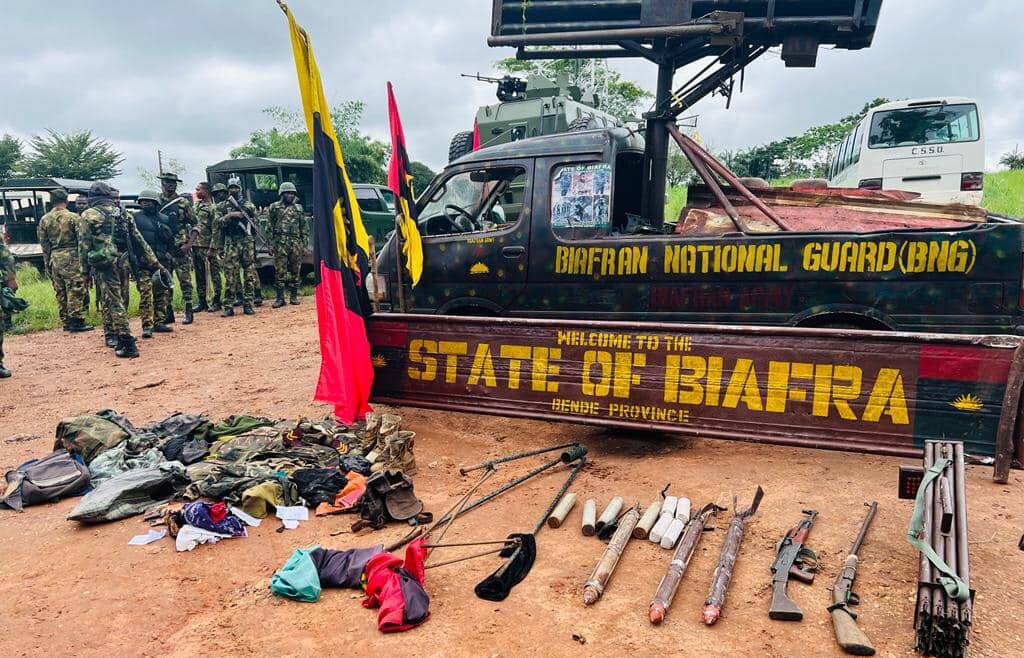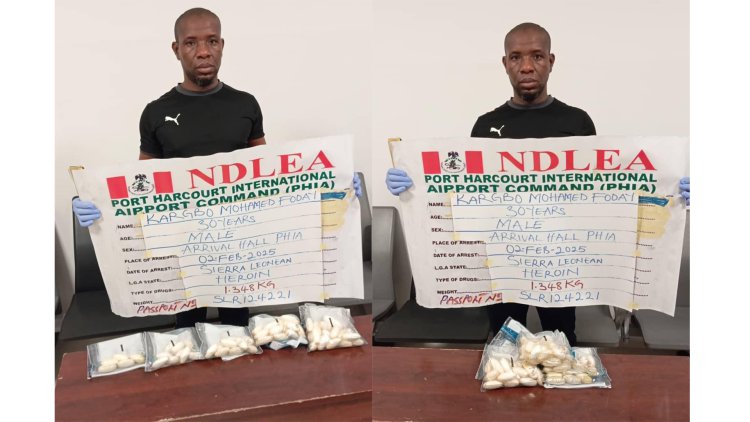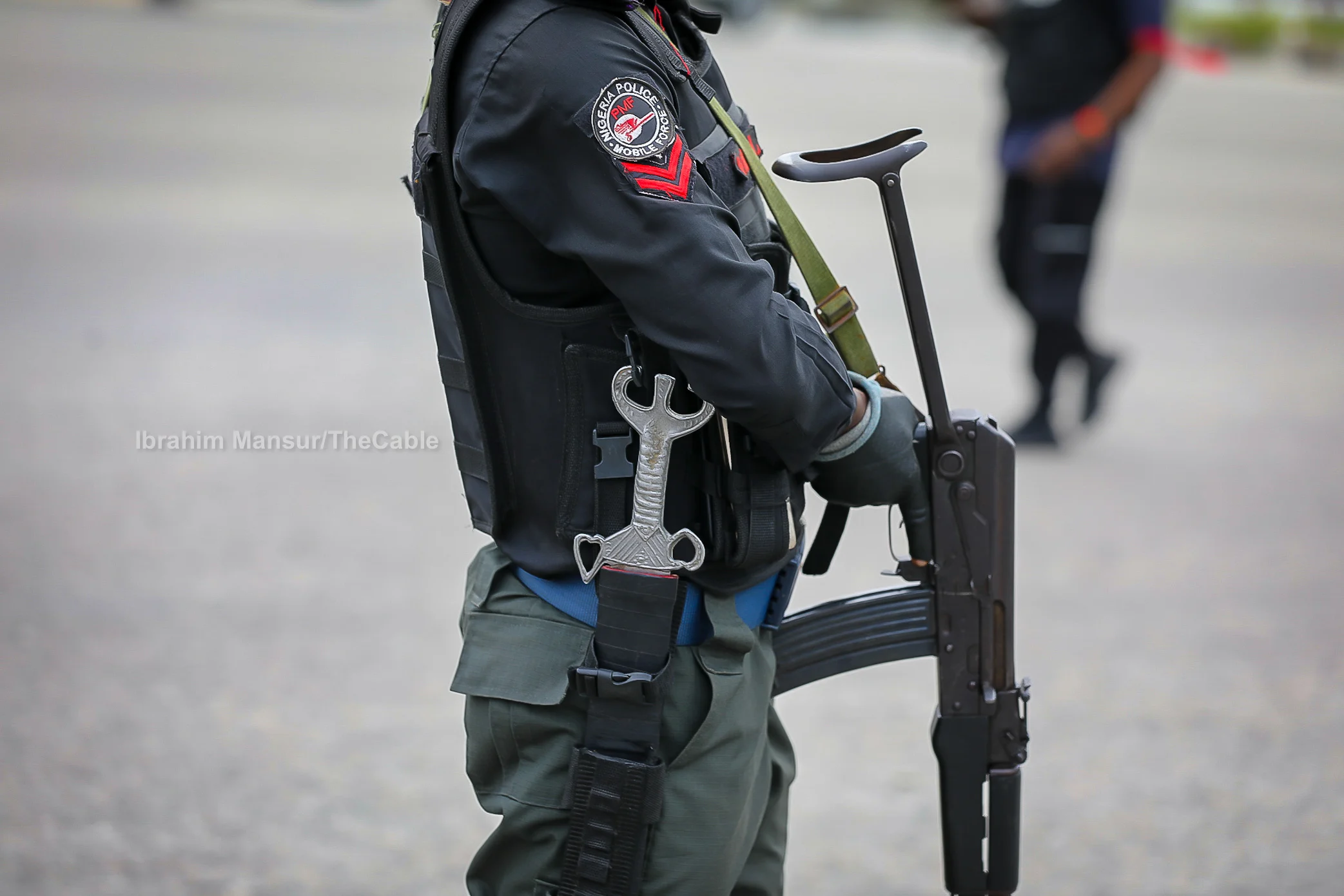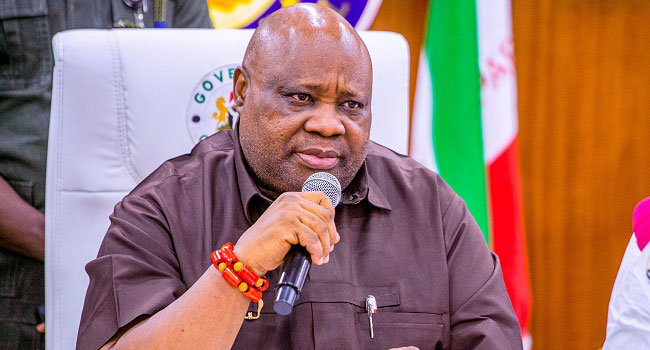Amid mounting apprehensions about security in Nigeria’s Southeastern region, the military is redoubling its efforts to eradicate the perceived threat posed by the Indigenous People of Biafra (IPOB). With the commencement of Operation Udoka, the military endeavors to implement robust security measures to protect law-abiding citizens in the area.
Major General Hassan Dada, serving as the General Officer Commanding the 82nd Division of the Nigerian Army and the Force Commander of Operation Udoka, reiterated the military’s unwavering commitment to confronting the challenges presented by IPOB. He characterized the proscribed group as a disruptive entity that undermines the peace and stability of the region.
During a briefing with defense correspondents in Enugu, Major General Dada underscored the imperative of taking decisive action to counter IPOB’s activities. The military’s operational deployment to the Southeast underscores the seriousness of the security situation and underscores the importance of coordinated efforts to address the threat posed by separatist factions.
Operation Udoka epitomizes a concerted endeavor by the military to reinstate law and order in the Southeast and provide reassurance to residents regarding their safety. Through the deployment of troops and resources to the region, the military aims to foster an environment conducive to socio-economic progress and harmonious cohabitation.
The military’s stance on IPOB mirrors broader apprehensions regarding separatist movements and their potential to destabilize the nation. As an outlawed entity, IPOB’s actions are perceived as illicit and contrary to national unity and cohesion.
However, while the military remains steadfast in its mission to neutralize the IPOB threat, there are appeals for a balanced approach that upholds human rights and advocates for dialogue as a means of resolving grievances. Addressing the underlying causes of discontent in the Southeast necessitates a multifaceted strategy that integrates security measures with socio-economic and political interventions.
As the military escalates its operations in the Southeast, there is an imperative for transparency and accountability to ensure the preservation of the rule of law and prevent undue harm to innocent civilians. Collaborative endeavors between security agencies, local communities, and relevant stakeholders are imperative to achieving sustainable peace and stability in the region.
Ultimately, the efficacy of Operation Udoka hinges on the military’s capacity to disrupt IPOB’s activities effectively while engendering trust and cooperation from the local populace. By redressing the root causes of grievances and reinstating confidence in the government’s ability to provide security, the military can contribute to the enduring peace and stability of the Southeast.
- 08045674546
- info@mediaplusng.com
- Lagos, Nigeria




